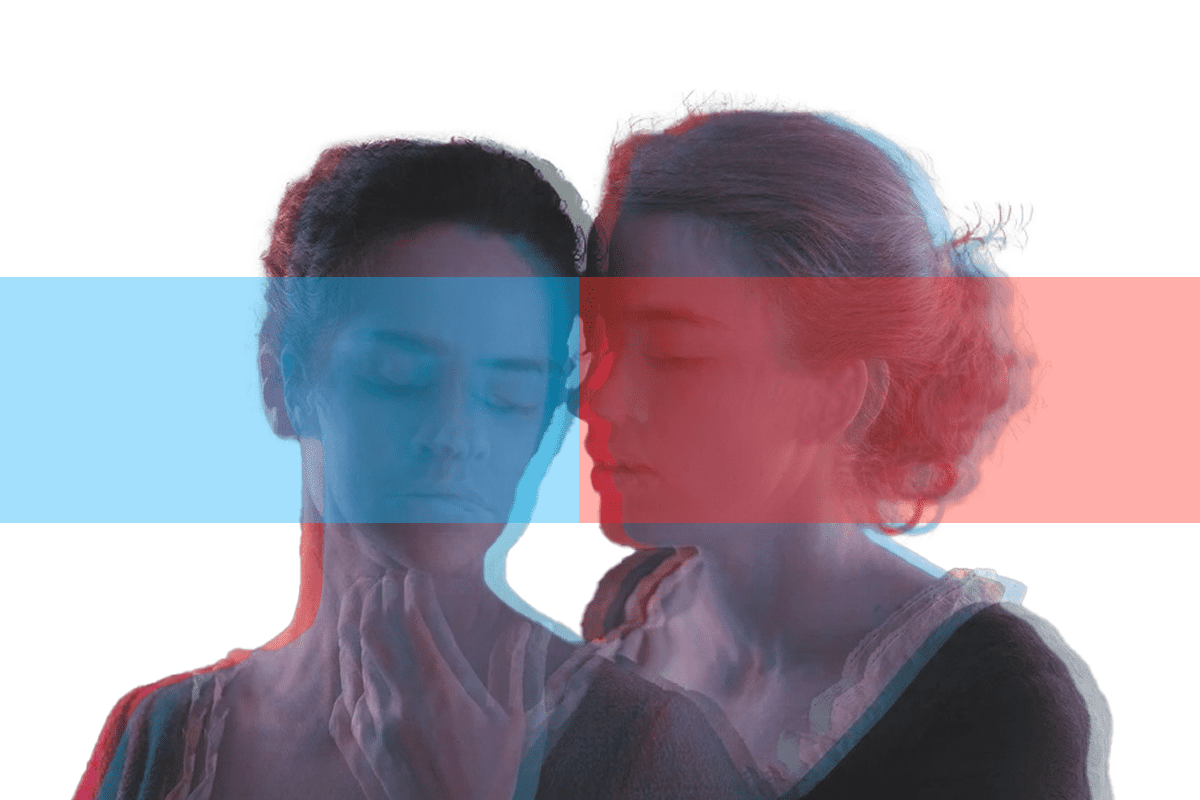“It is difficult for a woman to define her feelings in language which is chiefly made by men to express theirs.”
-Thomas Hardy
“So glad we’re finally getting films now from the female gaze!” Have you heard something like this recently? Particularly this phrase “Female gaze”? I’m willing to bet that you have. I would bet a hundred dollars you have. It was most likely accompanying some unbearably saccharine TikTok edit or in reference to a new Netflix miniseries that I’m not going to watch, or something extra-special: a buzzword attached like a sparkly tassel to a trite think-piece in the interest of dazzling you. Don’t be fooled.
What does the “female gaze” mean? I’ve heard it in a multitude of contexts and the overall impression is vague. When I ask the internet for a definition, the closest I can find is a connection to the presence of a female filmmaker in the creation of a work — as far as I can tell, it’s supposed to be a good thing. But why? You can just as easily say that “a woman made this film” or something alike. Or you could use one of several phrases that are already in use and have potency in media criticism — see “feminist lens” or “female perspective” for example.
“Female gaze” is the latest, shiniest iteration of this same idea —and yet, its popularity among young people almost gives the feeling of a slang term. It seems to be an aesthetic descriptor much more than an academic one. The female gaze has a “look” — it’s soft, indie and grainy — often queer. So why have I been so viciously opposed to the term since I first heard it? Why do I weep to see it slowly infecting actual academic publications? And why must you please, please stop saying it?
It is obvious that the term “female gaze” is designed as a companion to the much older and much more established “male gaze”. To pit these two against each other without understanding their origins would suggest that it has something to do with demographics or audience. A movie with a strong “male gaze” would involve a lot of, I don’t know, motorcycles and guns and women in low-rise jeans leaning over cars, stuff that can be easily marketed to men. “Male gaze” is often equated with objectification, which makes sense, because the term perfectly conjures up the vacant expression of a man moments away from wolf whistling. However, this is far from being the extent of how the term “male gaze” is used in media criticism.
The term was coined by Laura Mulvey in her 1975 essay “Visual Pleasure and Narrative Cinema”. Far beyond merely pointing out the objectification of women onscreen (although this was certainly a focus), the term as used by Mulvey focused on the language of film and the relationship between the parts that make up the creation of media — who funds, writes, performs, distributes and views it. This being: men, who from 1975 to now continue to dominate film and media in general.
The term “male gaze”, therefore, is a term explicating the patriarchy as a force within media. It is the media-cultural manifestation of patriarchy. In this sense, although it often has negative consequences, the ‘male gaze’ is a critical descriptive term and not an aesthetic, much less a moral one. To call a film — even if it was written, produced, and acted by women — an instance of the “female gaze” is a gross misunderstanding. The term “male gaze” persists in film and media criticism because of its potency and useful implications in examining the ways in which the power of the patriarchy persists even in overtly feminist works of art through the use of artistic language and techniques that were popularised by men. It would be inaccurate to ascribe a work as having more or less male gaze — because the point of the male gaze is that it’s everywhere.
While I understand the need to express admiration for works that centre a female perspective, the female gaze is not the concept to use. There cannot be a female gaze because women do not dominate and control the media. To draw a parallel, there is no female gaze because there is no matriarchy. There are a multitude of other ways to express the same meaning. It might be that the popularity of the term has arisen as a way of avoiding the word ‘feminist’, but this remains to be seen. If you’ve found yourself using it I’m not judging you, but I urge you to think better of it. It might feel equalising to have a feminine counterpart to a term for criticism, but at the end of the day, sometimes you need something specific and sharp like “male gaze” to put your finger on the problem.





